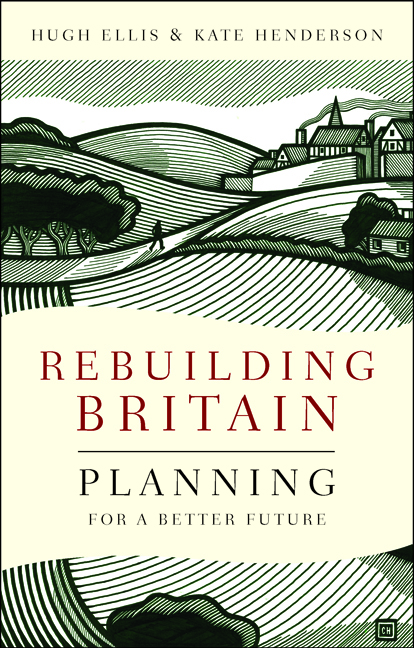3 - A forgotten heritage of hope
Published online by Cambridge University Press: 04 March 2022
Summary
And so take courage, and believe that we of this age, in spite of all its torment and disorder, have been born to a wonderful heritage fashioned of the work of those that have gone before us…It is not we who can build up the new social order; the past ages have done most of that work for us; but we can clear our eyes to the signs of the times, and we shall then see that the attainment of a good condition of life is being made possible for us, and that it is now our business to stretch out our hands, to take it. (William Morris, 1884)
Lessons from history
In the summer of 1946, a bankrupt and war-weary Britain committed itself to the biggest programme of reconstruction in our history. Much had to be done out of necessity, but what is remarkable is the high social ambition which that generation had for the future. It wasn't just a debate about bricks and mortar; it was about building a new society of personal and collective opportunity.
As the then planning minister, Lewis Silkin MP, introduced the New Towns legislation, he invoked not an engineering manual or an economics text book but Thomas More's Utopia:
If the towns to be built under this Bill are new, neither the need for them, nor the idea, is in any sense new. My researches on new towns go back to the time of Sir Thomas More. He was the first person I have discovered to deplore the ‘suburban sprawl,’ and in his ‘Utopia’ there are 54 new towns, each 23 miles apart. Each town is divided into four neighbourhoods each neighbourhood being laid out with its local centre and community feed centre. Incidentally, Sir Thomas More was beheaded, but that must not be regarded as a precedent for the treatment of town planners.
It is a signal of the power which the ideals of utopia used to have in our society that, when introducing legislation that would (through the building of new communities) eventually house 2.5 million people, Lewis Silken quotes in his first breath a book written nearly four hundred and fifty years previously.
- Type
- Chapter
- Information
- Rebuilding BritainPlanning for a Better Future, pp. 15 - 34Publisher: Bristol University PressPrint publication year: 2014



